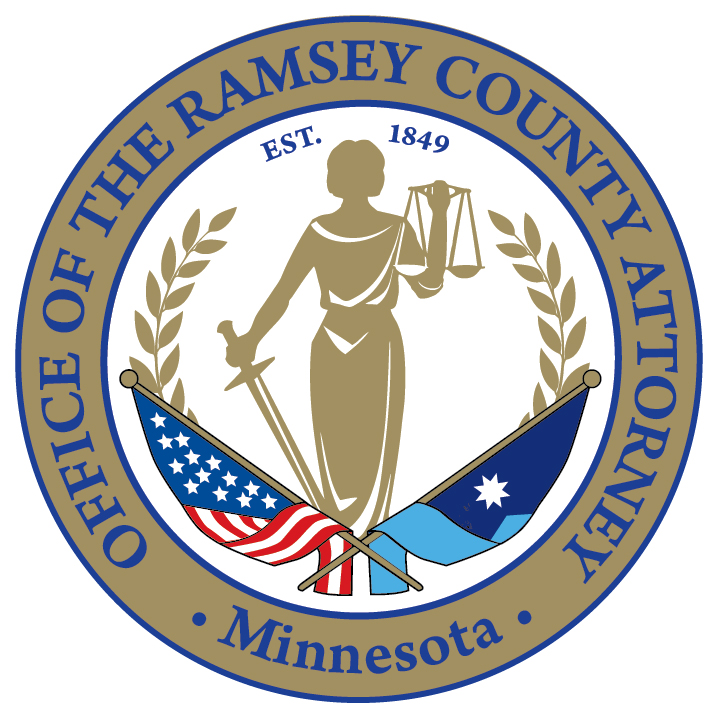Auto Theft Unit
Contact us
We maintain a dedicated team of prosecutors specializing in auto theft cases which focuses on:
- Providing training to Saint Paul and suburban law enforcement agencies about the best practices for auto theft investigations.
- Collecting and analyzing data from auto thefts committed in Ramsey County to identify common methods used by auto thieves.
- Prosecuting auto thieves to hold them accountable for their criminal conduct.
- Advocating for legislative changes to support auto theft prosecution.
Protect your auto
- Never leave your vehicle running unattended (leaving your vehicle unoccupied with the engine running invites thieves).
- Never leave any keys in your vehicle or in the ignition, even inside a locked garage.
- Always lock your doors and close your windows, even if parked in front of your home or inside a garage.
- If you must leave valuables in your car, make an extra stop before arriving at your destination to lock valuables in your trunk.
- Remove all add-on electronic devices, chargers and portable mounts when you leave your vehicle.
- Park in well-lit areas or in areas visible to pedestrian and vehicle traffic.
- Use your emergency brake when you park.
- Never leave personal identification documents, vehicle ownership title or credit cards in your vehicle.
- Memorize your license plate number and vehicle information (make, model, year, color).
- Take photos of your vehicle, license plate, and vehicle identification number (VIN) with your mobile phone.
- Be wary when parking in places like movie theaters, gyms or churches – thieves know how long you’ll be gone.
- Leave only the ignition key if you must leave your key with a valet, attendant or mechanic.
- When parking your vehicle, turn your wheels toward the curb to make it more difficult for a thief to "tow" your car.
- Completely close windows when parking.
- If you have an alarm, use it.
Stolen auto process
- Call the local impound lots and towing companies to see if your auto was towed due to a parking violation.
- Call your bank or finance company if you have missed one or more of your car payments. Your vehicle may have been repossessed.
- If you agreed to let someone borrow your vehicle and s/he has not returned it, call your local police department and file a "breach of trust report."
- If you agreed to let someone borrow your auto and he or she has not returned it after 30 days, call your local police department. The situation can be pursued as an auto theft.
- Call 9-1-1 to report a stolen vehicle.
- Only the registered owner may report a stolen vehicle.
- If you do not know the license plate or VIN, try looking at a proof of insurance card or the Certificate of Title.
- Provide as much detail as possible (stickers, unique damage, aftermarket parts, colors, etc.)
- Call your insurance company and give them the complaint number (CN) after you have filed a report.
- The case will remain open until your auto is recovered.
- If your auto is recovered, the investigator will review the case and present it to the County Attorney’s Office for prosecution
Auto recovery process
If you see your auto, do not approach the people or auto. Call 9-1-1 immediately.
When your auto is recovered:
- Your auto may be turned over to you or towed to an impound lot for safekeeping until you can be notified.
- When your auto is recovered, you will be contacted by the police department with whom you filed the report.
- The impound lot is required to send notice by certified mail to the auto's registered owner.
- Wherever your auto is recovered, the police department where you filed the report is notified, even if the car is recovered in another state.
When you recover your auto:
- Carefully examine it for property that does not belong to you. This may be evidence of other crimes.
- Search your auto's interior for drugs, drug paraphernalia or other dangerous objects.
- If you find anything that does not belong to you, contact your local police department.
Towing and impound fees
Victims of stolen autos may seek reimbursement for impound and towing fees through their insurance companies or through restitution, assuming a suspect was convicted of the crime.
